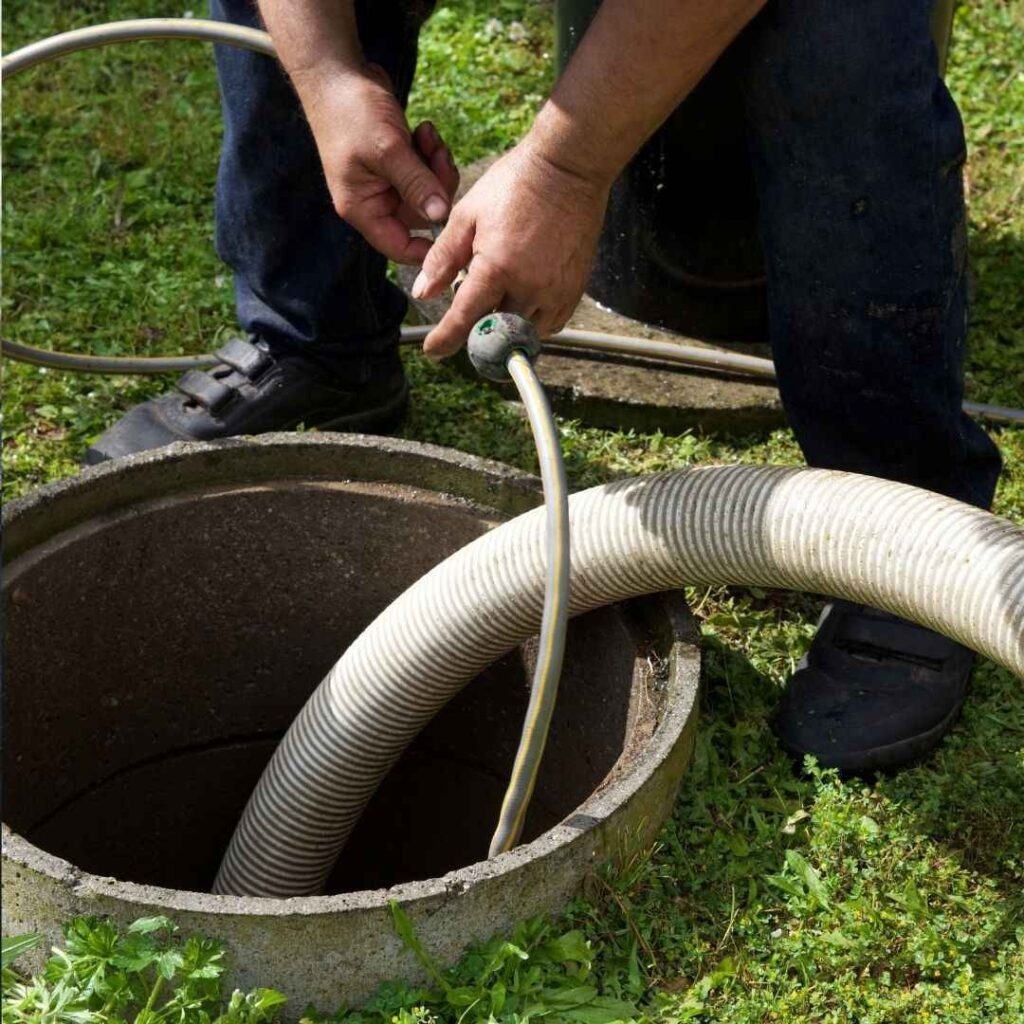The Importance of Septic Systems in Protecting Groundwater and Public Health

Groundwater constitutes 97 per cent of global freshwater and is an important source of drinking water in many regions of the world, including Reno and nearby areas. However, have you ever thought where all the wastewater from your toilet flushes, bathrooms, and kitchen sinks goes? What if all such contaminated water makes its way to the aquifer?
Well, that’s a topic of major concern! After all, the drinking water directly impacts your health. Isn’t it?
But you can relax if you have a septic system in your home, and you contact a professional who offers septic services in Reno to keep it in optimal condition with regular maintenance.
Wondering how? This blog explains the connection between the septic system and groundwater in detail.
Septic System Or Waste Water Treatment Facility? It Matters a Lot!
Most people in Reno have septic systems installed in their homes, and that’s great. The reason is not just that it collects wastewater from your house, but it also serves as a wastewater treatment facility. All the wastewater that collects inside your septic system is treated there only.
How the Septic System Works?
A septic system has two main parts
- Septic tank
- Soil absorption system, also known as a drain field
The system is connected to underground pipes that direct wastewater into the septic tank, where heavier solids settle at the bottom and lighter substances like fats, oils, and grease rise to the top. During the process, some of the solid waste also starts to break down naturally. The liquid from the middle part of the tank, called effluent, then flows out to the drain field, where it gets further cleaned as it filters through the soil.
The functionality and success of the wastewater treatment technique of your septic system depend on how well it's been designed, installed, taken care of, and whether it’s being used the right way.
What If Your Septic System Fails?
If your septic system is not well-maintained, you might experience a strong rotten egg smell, constantly wet or mushy ground, pools of wastewater, or unusually lush, fast-growing grass over the drainfield. A failing and inadequately functioning septic system leads to various problems.
According to EPA research, one of the main reasons for the pollution of our waterways is that septic systems are not working efficiently.
- Contamination of groundwater- Wastewater from septic systems includes several contaminants, such as nitrates, harmful bacteria, and viruses that contaminate the groundwater.
- Health Issues - Bacteria and viruses in untreated wastewater can cause illnesses like hepatitis, dysentery, and gastrointestinal infections.
- Sewage Backups - If the septic system fails, sewage starts backing up into your home. Moreover, standing sewage attracts insects, rodents, and other unwelcome guests.
Tips for Maintaining Your Septic System and Preventing Groundwater Contamination
If you want to prevent the groundwater from contamination, you must take care of your septic system. From installation to ongoing maintenance, every part of the process affects your health and quality of life.
- Always contact experienced plumbers to install your septic system properly.
- Use low-flow fixtures in your home to reduce the amount of water entering your septic system and help prevent overflow.
- Make sure rainwater or runoff from sprinklers doesn’t flow toward your drainfield. It’s important to keep that area as dry as possible.
- Don’t use drain cleaners with harsh chemicals to clean clogged pipes.
- Don’t flush unnecessary garbage like paper towels, diapers, tampons, or cigarettes into the system.
- Avoid dumping FOGs (fats, oils, and grease) into your kitchen drains.
- Don’t pour materials with hazardous chemical composition into your drains, for example, paints, oils, varnishes, or pesticides.
- Your septic system must be at a distance from a drinking water well.
- Don’t ignore minor plumbing problems. Get them fixed, or they might turn into septic issues.
Bottom Line - Are You Taking Care of Your Septic System?
So, when was the last time you had your septic tank inspected or pumped?
Many homeowners don’t realize that septic tanks need regular care. They should be pumped every 3-5 years, depending on usage and household size. And regular inspections can catch issues before they spiral into disasters.
If you’re thinking, “I wouldn't even know where to start,” You can check for the signs such as foul smell, slow drains, or gurgling sounds from drains. If you said yes to any of those, your system could be waving a red flag, and it’s time to take action.
| Need Plumbing Contractor Services Reno NV— Call Now! |
Don’t Compromise With Your Health - Take Your First Step to Protect Groundwater With Easy Rooter Plumbing
If your septic system is malfunctioning, don’t delay because it will ultimately impact the groundwater quality. We at Easy Rooter Plumbing are your local plumbing contractors in Reno. We know the codes, the land, and the unique needs of Northern Nevada properties.
With over 46 years of experience in providing septic services in Reno, we assure you that you’ll get the best and affordable solutions by contacting us.
We also provide emergency services, so don't hesitate to contact us anytime. Call us at 775-521-6429 for reliable septic system and plumbing services.
